Guidelines for Churches
Complying with Copyright Law
You must have permission to use anything not created by you.
Guidelines for Churches and Agencies of the Moravian Church in America For the Use of Copyrighted Material
The law says that anyone who creates or writes something (music, text, tunes, lyrics, edited music, musical arrangements, visual images, computer programs, etc., etc.) automatically owns it and is protected from others using that creation without permission.
Worship is changing on a weekly, if not daily, basis. We’re all in need of good information and must be constantly educating and re-educating ourselves. All the best to our Moravian worship leaders in your lives and in your ministry. – Gwyn Michel
In order to cover the bulk of hymns included in the Moravian Book of Worship, a congregation really needs licenses from both licensing agencies – OneLicense (website) and CCLI (website).
EXAMPLE:
[ Sunday in Lent; the Liturgy for Lent 2 includes 4 hymns, all of them copyrighted:
two (“We Worship You, Lord Christ” and “He Is Lord”) are covered by CCLI,
one is covered by OneLicense (the harmonization for “When I Survey”), and
the harmonization for the remaining hymn (“Create in Me a Clean Heart, O God”) is copyrighted by Susan Bates.
Thus, in order to reprint/broadcast all four hymns in the above liturgy you need licenses from both CCLI and OneLicense, plus you would need to contact Susan Bates (the IBOC has contact information) to use her setting in worship. ]
Description for this
Similarities and Differences between CCLI and OneLicense:
The main similarity is that both reporting agencies were/are designed for congregational participation. Thus, the main “bread and butter” for both agencies are hymns and/or congregational songs.
The main difference is that CCLI and OneLicense tend to cover different hymns and/or songs:
- CCLI has more contemporary Christian literature in its database;
- OneLicense has more traditional or “main-stream” literature.
- OneLicense includes more “service music” (preludes, offertories, postludes) than CCLI.
- OneLicense requires reporting on a regular basis (preferably weekly), while CCLI only occasionally requests reporting (usually for a six month period every 2.5 years)
– by Gwyn Michel (2022)
Do you need a podcast/streaming license for Zoom worship?
(i.e., Is Zoom worship considered a “broadcast”)?
Personally I consider anything which goes out over the internet a “broadcast,” so my answer would be “yes.” I posed this question with (denominational video/streaming guru) Rev. John Jackman. Here’s his response:
A closed zoom with regular members of a class or congregation is not a broadcast. The password must be kept only to those folks. And it cannot be promoted in any way outside that group.
But, if it includes people beyond that, it is [considered a broadcast] even if it is password protected.
For college classes, for example, “fair use” applies only when the class is the regular students as part of the normal curriculum. If they invite guests outside that group, then it’s a public performance. The problem with this [scenario] is if it is open to the entire congregation. You have to make clear that they are not to share the password.
So…that’s John Jackman’s word, and I would certainly take his word over mine.
May we show (contemporary Christian) videos in worship?
The quick answer to this question is: No, not without permission of the copyright owner or publisher of the video. Generally, CCLI and OneLicense licenses do not allow for showing of third-party videos in worship.
The longer answer is: CCLI has added a new Streaming Plus license which, among other things, allows use of some master recordings in worship. With purchase of this license the congregation is permitted to utilize the songs in CCLI’s Master Recording database. Here’s a link to CCLI’s website with more information about their Streaming and new Streaming-Plus licenses: https://us.ccli.com/streaming-license-terms-of-agreement/
Caveat Regarding Organ Music:
Another resource with ideas about obtaining copyright permissions:
Guide to Copyright
Guide to Copyright for Librarians
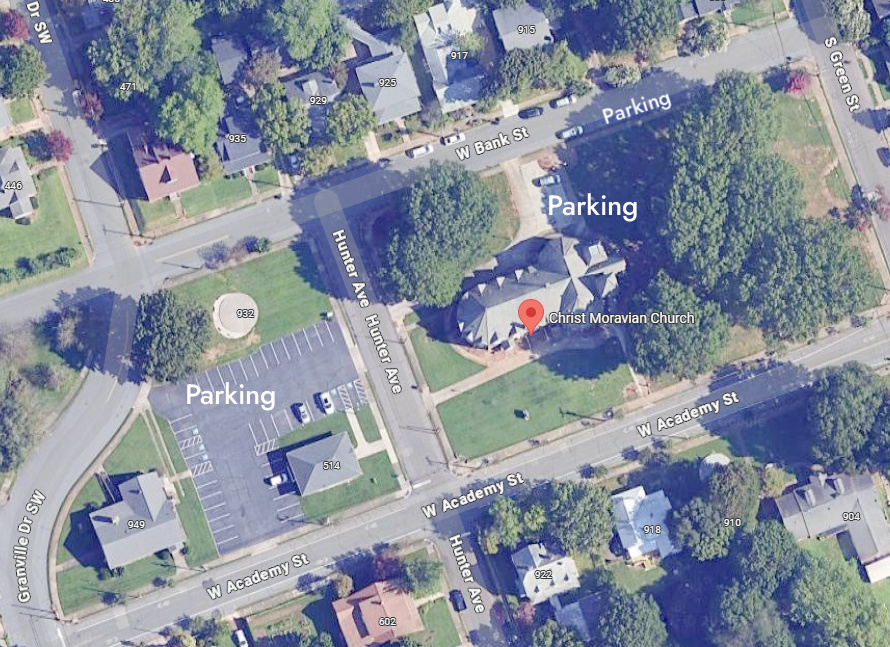
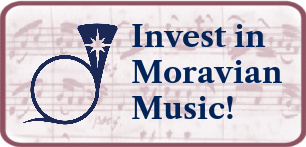

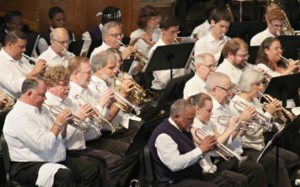
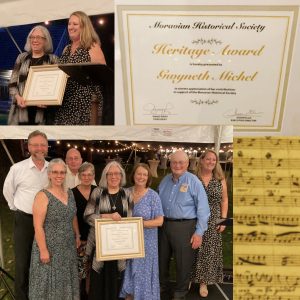
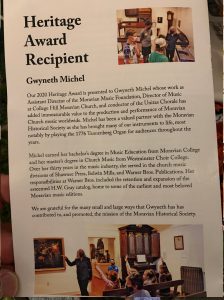
Leave a Reply